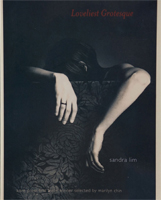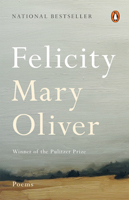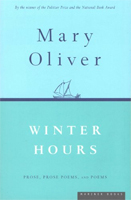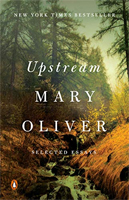 Agatha of Little Neon
Agatha of Little Neon (2021) is a debut novel by Claire Luchette about the personal
growth of a Catholic sister named Agatha. It’s a quiet story full of succinct
and meaningful observations about friendship, finding purpose in society, the
Catholic Church, and the patriarchy.
In her childhood, Agatha wanted to be unnoticed. She had trouble talking and
coming up with something to say. Agatha’s mother died when she was just eleven,
and after being marked by grief, there was nowhere she could disappear except
church. The constancy of the Church played a role in her choice to serve God.
She later reflects, “When people saw our habits, they ceased to see our faces.”
As Agatha tells her story, she reveals other feelings towards her role as a
woman and her role in the Church. Early in the story, Agatha and her three
fellow sisters experience a car break down while running errands. After calling
the priest for help, they manage to fix the car with their nylon stockings. When
the priest calls back full of concern, instead of telling him they fixed the
car themselves, they undo their repairs and allow him to help. Agatha reflects, “But many times, the greatest
mercy you can grant a man is the chance to believe himself the hero. This was obedience,
we thought.”
When their diocese goes broke, Agatha and the three sisters must leave their
home in Lackawanna, NY where they ran a daycare. They are sent together to Woonsocket,
Rhode Island to run a half-way house called Little Neon. The house is named “Little
Neon” because it is painted the color of Mountain Dew. The residents are
recovering addicts, each with their own story, and Agatha and the other sisters
are ill-trained to minister and help them.
Agatha is very close to her three fellow Catholic sisters, but she sometimes
wonders at their motivations and whether her thoughts and opinions match
theirs. As the story goes on, her divergent opinions grow more pronounced as her
personal growth takes her in different directions. In Woonsocket, Agatha is
asked to teach geometry at the Catholic girl’s school, which separates her from
the other sisters. In spite of having a sense of community, Agatha is deeply
lonely. She watches the girls at her school “with something like envy. They
always had something to tell each other.” One day, she returns from work, and
the sisters have cut one another’s hair, which was something that Agatha
normally did for them all. Agatha feels “useless” and “pathetic,” and hates
feeling this way. At her new job, Agatha becomes friends with a fellow teacher
named Nadia. She never tells her fellow sisters about Nadia, saying, “I never
mentioned her—not because she didn’t matter, but because she did.”
After a kind resident at Little Neon named Tim Gary dies by suicide, the bishop’s
eulogy is cruel rather than sympathetic. Agatha is incredulous, thinking, “I
didn’t know what to do with all my grief. It was mutating into fresh rage.” This
event makes Agatha realizes that she belongs elsewhere, and she leaves the Church,
but in leaving her sisters, she “left with nothing.” As Agatha begins her new
life, the reader is left wondering what the future holds for her.
Purchase and read Agatha of Little Neon by Claire Luchette:

©
penciledpage.com












Search This Website